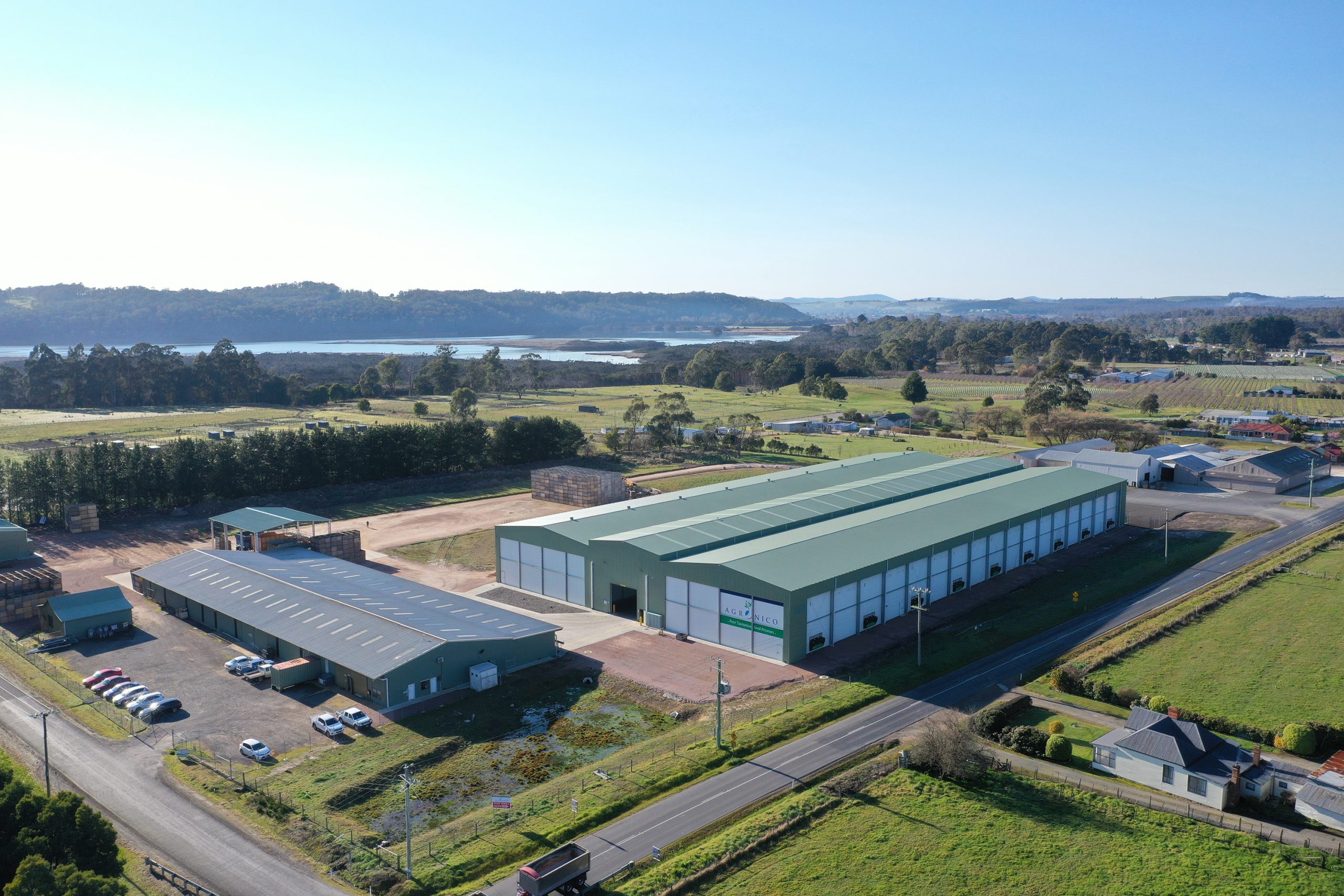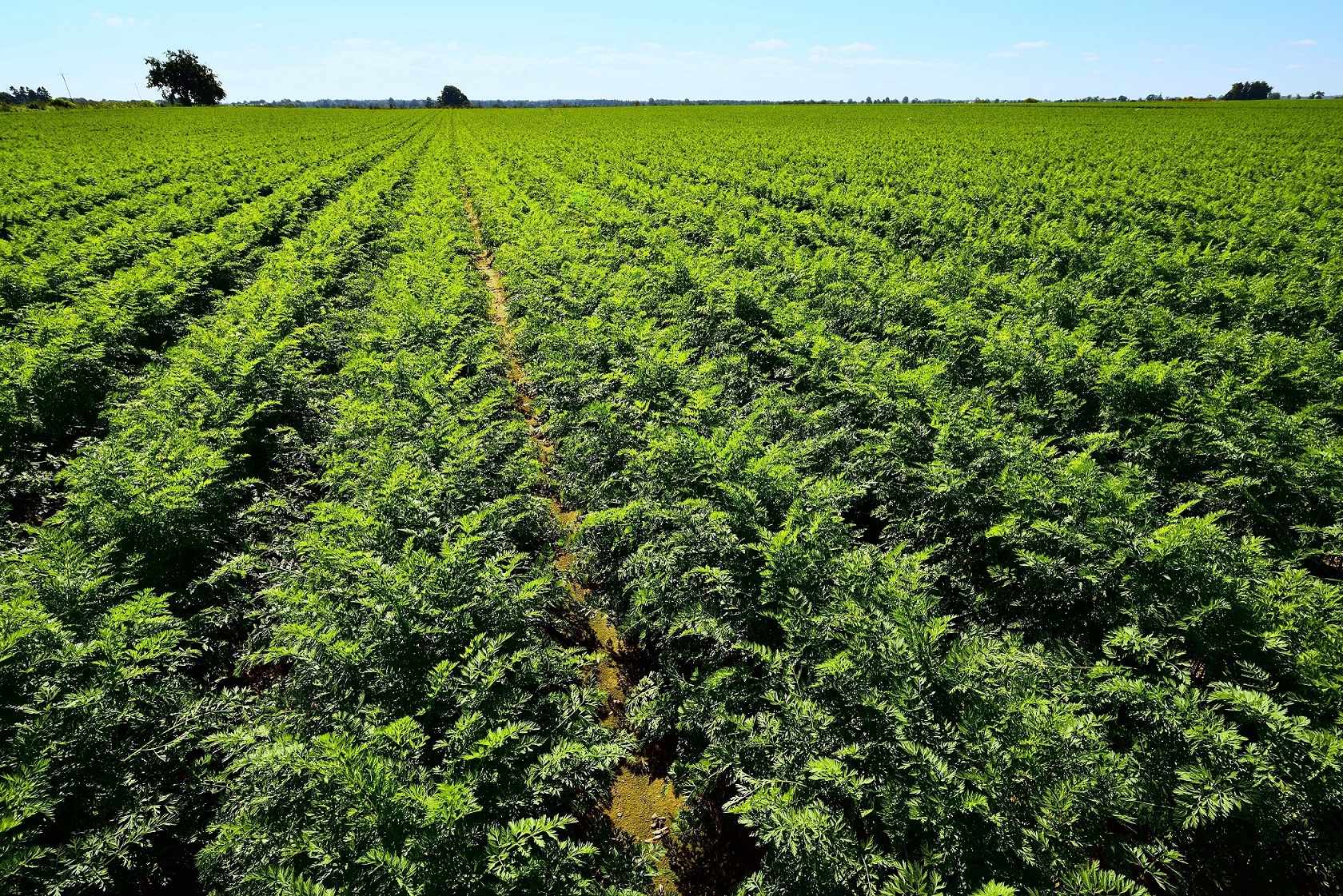
Thriving on fertile Tasmanian soil and continuous improvement
21 May 2021
Harnessing the power of biology in horticulture
24 May 2021Biostimulants have become extremely popular throughout recent times. Good biostimulants will assist with aspects like stress, limiting salt intake, enhanced nutrient uptake, better soil biology and increased disease resistance that are beyond the limits of basic nutrition. In this article, Campbells Fertiliser Australasia Product Manager, Valagro, Heinrich van der Westhuizen, discusses how to evaluate biostimulant products to find out which one is right for you.
Biostimulants are defined as products that are applied to plants or soil to regulate and enhance the plant’s physiological processes, therefore making them more efficient. These biostimulants would typically include ingredients derived from seaweed and other plant extractions, humic/fulvic substances, amino acids, microbials and vitamins.
One of the biggest challenges for the industry is the fact that the biostimulant market is unregulated and is getting flooded with products of inferior quality. Concerns are that low-quality products may not be able to deliver the desired results and even have a negative impact on production and the quality of produce. The question we have to ask is: how do we know that the biostimulant is of good quality?
We have to understand not all biostimulant products are manufactured equally. Even compounds manufactured from the same seaweed species can produce very different products based on the extraction methods used.
When evaluating solutions, it is best to ask the following questions:
- Is the manufacturer a reputable R&D company?
The manufacturing company needs to have a solid foundation based on proven science. These types of companies would have a proper R&D department with large capital investments in a research team, infrastructure like proper laboratories as well as access to phenomics and field sites.
- Are products manufactured for a proven result?
There are plenty of companies in the field making all kind of anecdotal claims based on assumptions of the capabilities of raw products. The reality is that growing conditions and the physiological challenges that need to be overcome are highly complex. For instance, when plant stress has to be addressed, it can take many years of testing various raw ingredients in different ratios to produce a product that will deliver optimal results. It is also important to make sure that these products do not cause any side effects and are safe to crops and in tank mixes with other chemicals.
- Are raw materials consistent and from quality resources?
Many biostimulant companies are dependent on suppliers owning concessions where raw materials might be sourced for industries other than the agricultural market. Most good manufacturers will use raw products where prototypes are obtained through the use of proper extraction and quality control methods. If these protocols are not followed, the product would not be of consistent quality which would lead to variable field results.
- Are products of the highest concentration?
It is important that products are concentrated to maximise the efficacy of each unit. No one likes paying for watered down products.
- Are products properly packed and stabilised for good shelf life?
The majority of products are manufactured from bioactive ingredients, meaning they would be exposed to fermentation and other chemical processes after being packed. It is important that products are properly stabilised and packed with the right preservatives to guarantee a good shelf life.
Campbells Fertilisers Australasia is a company that focusses on selling the highest quality plant nutrition and biostimulants. For these reasons, Campbells partnered with Valagro Italy utilising the latest genomic and phenomic technology to manufacture world class biostimulants. Valagro has recently become part of the Syngenta group.
Find out more
Please contact Heinrich van der Westhuizen on 0437 954 306 or at heinrich@campbellsfert.com.au or Wayne Mattschoss on 0447 134 952 or at wmattschos@campbellsfert.com.au.

